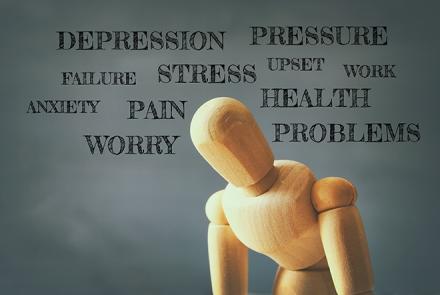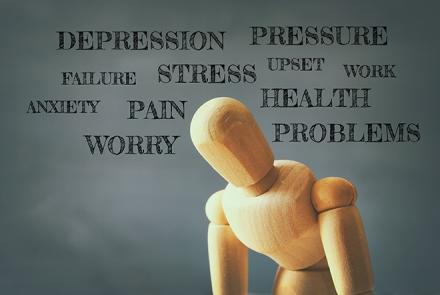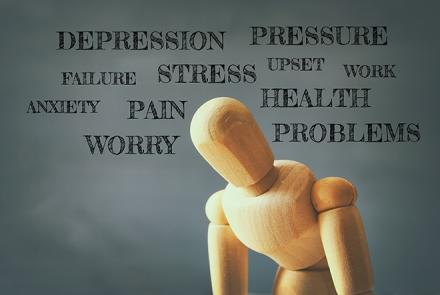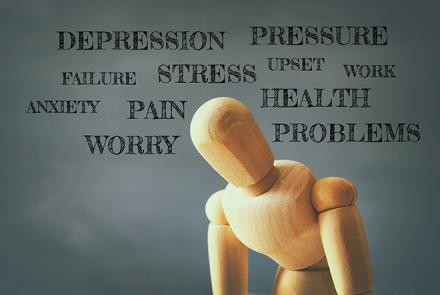These are some common symptoms:
Persistent sadness or low mood
Marked loss of interest in normal activities
Disturbed sleep
Change in appetite
Tiredness or loss of energy
Slowing of movements
Poor concentration
Feeling of worthlessness
Recurrent thoughts of death
Related reading: 5 Overlooked Signs of Depression
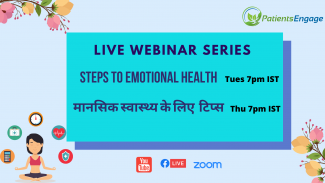
We are all struggling with various issues during this second wave of the pandemic. PatientsEngage has started a live webinar series every Tuesday (English) and every Thursday (Hindi) at 7pm IST with experienced counsellors who will help us understand what we are going through and share practical and actionable tips on what we can do about it.
In the first of the series on 11th May 7pm IST, we spoke with experienced Psychologist Hvovi Bhagwagar on what we can to deal with the negative news around us - on TV, on social media, on whatsapp. What is doomscrolling and doom surfing? How can we stop doing it?
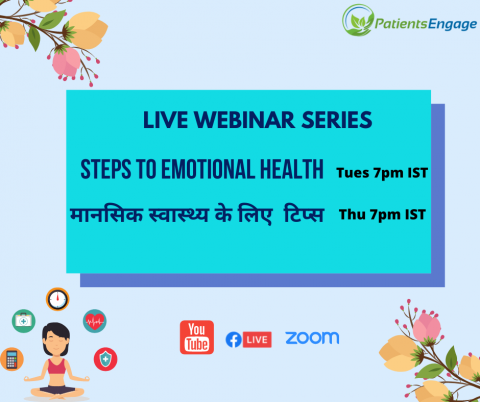
On Thursday 13th 7pm we will address the same issues in Hindi with experienced psychologist Snigdha Mishra
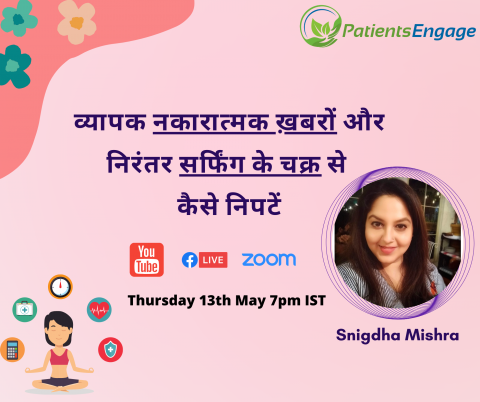
Send us your questions in advance
#emotionalwellbeing #COVIDSecondWave #covidsecondwaveindia
Condition

